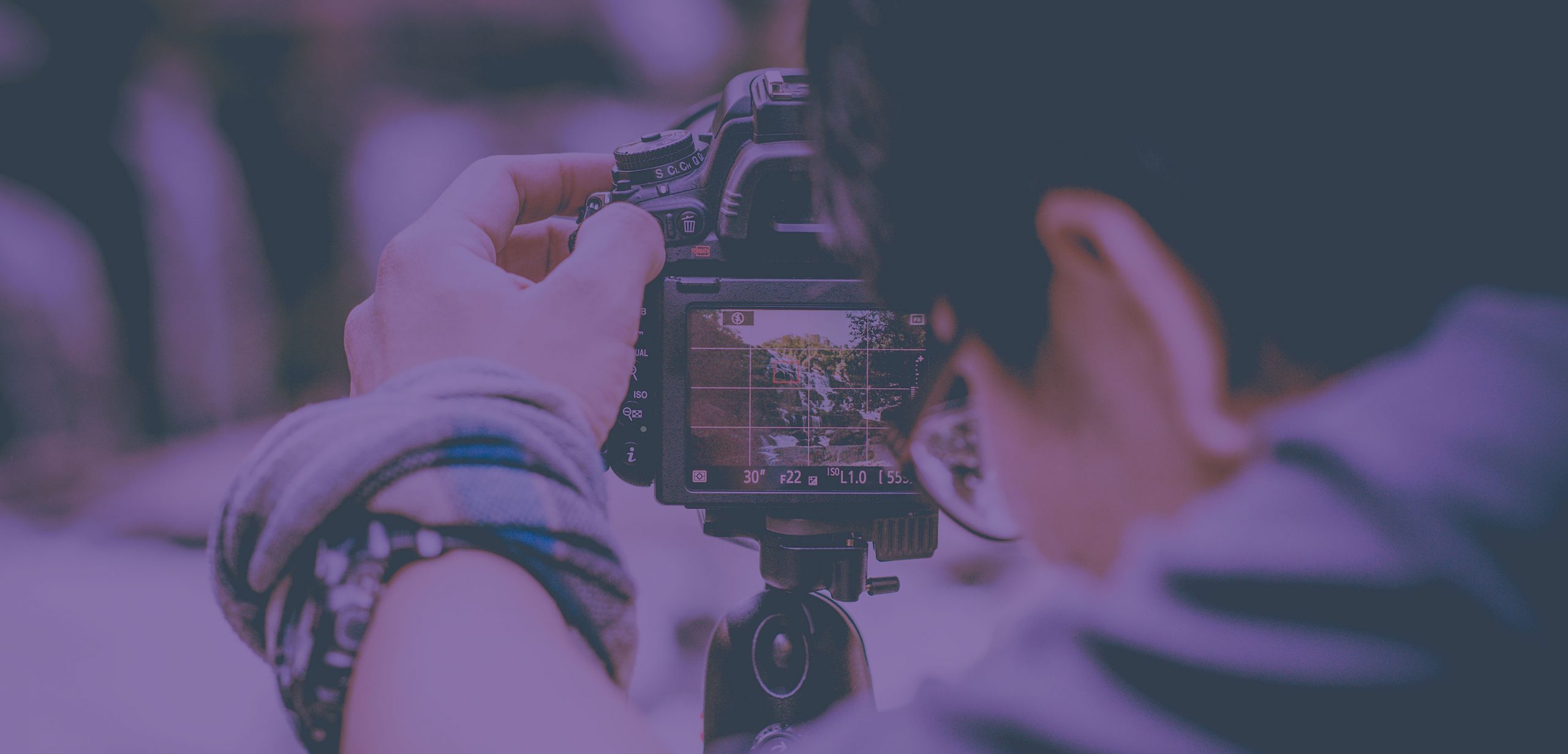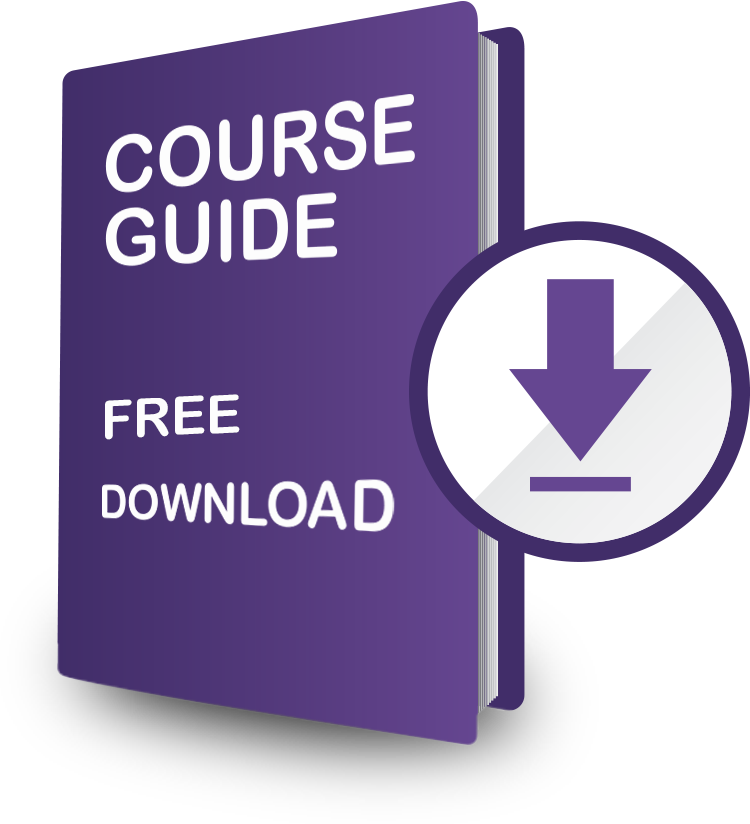View Your Cart
No prior experience or certification needed
Flexible payment plan
(from $25 per week)
Learn Professional
Photography online –
anywhere, anytime

Accredited by ICOES and
fully endorsed by IARC
Your career in Professional Photography is now within reach and within budget.
Do you have an eye and love for capturing people, places, animals or even moments and love to build a career working with your passion? The advanced certificate can help transfer your hobby into one of the most envied careers.
Designed by top industry experts, this online course improves your ability to present your work for maximum impact to the public, employers, clients, publishers, galleries, and others.
You will gain first-hand experience in photography, presentation, and publishing to prepare you to work in any aspect of photography, or even starting your own studio business.
Course Details
Study Duration:
This Advanced Professional Photography online course takes approximately 400 hours to complete, but you have lifetime access to course resources to suit your self-paced learning.
Study Method:
100% Online
Start Date:
Enrol whenever you see fit.
Fees & Charges:
Shouldn’t be a problem now with 2 easy options:
Upfront Payment or a Flexible Payment Plan (from $25 per week).
Core Modules
Introduction
- Common Considerations (People move, moods are uncontrollable, people dress differently, subjects can change)
- Digital or Film
- Resources
- Photo Composition
- Unity
- Balance
- Proportion
- Harmony
- Contrast
- Rhythm
- Line
- Form
- Mass
- Space
- Texture
- Colour
- Patterns
- Tone
- Camera Techniques
- Principles of Light
- Mood
- Colour Control
- Terminology
Equipment, Materials and Studio Work
- Lenses
- Aperture
- Type of film
- Digital
- Filters
- Lighting
- Basic Studio
- Flash
Basic Techniques
- Body Language
- Clusters
- Context
- Culture
- Willingness of Subject
- Hiding and Highlighting Features
- Informal or Formal
- Enhance character with surroundings
- Composition and lighting
- Subject
- Context
- Subject Placement
- Lines and Paths
- Creating Effects
- Composition
- Rule of Thirds
- Rapport
- Subject Placement
- Lighting
- Lenses
- Setting the Scene
- Developing a Portrait Style
Portraiture
- Studio
- Outdoor
- Available Light
- The Face
- Portraiture
- Procedure
- Posing
Wedding Photography
- Introduction
- Creating Romance
- Managing People
- Planning
- Other Considerations
- Digital Wedding Equipment
- Lighting (Rain, Sun, Dull days)
Candid Photography
- Introduction
- Candid Techniques
- Photographing Events
- Outdoor and Indoor
- The Photo Essay
- Model Release Forms
Nude Photography
- Study of the Human Form in Western Art
- Nude or Naked
- Cultural Conventions
- Athletic, Dynamic Nudes
- The Nude in Nature
- Portraits and Self Portraits
- Bedroom Nudes
- Erotic and Pornographic Nudes
- Nude Photography
Sports, Street and Action Photography
- Sports
- Equipment
- Freezing Action
- Blurring Movement
- Panning
- Viewpoint
- Digital Cameras
- Sports photography tips
- Streetscapes
- Water as a setting for photography
Fashion Photography
- Guidelines for Fashion and Glamour Photography
- Special Equipment and Techniques
- Fault Finding
Folio Project
- Introduction
- Purpose of a Folio
- Types of Folio
- Framing
- Other Ways to Use Your work
- Create a photo essay or portrait album
- Light Characteristics and Lighting Concepts
- Intensity
- Colour Temperature
- Incident or Reflected Light
- Exposure Readings
- Light Management
- Planning Ideas
- Learn from experience
- Adjusting light for digital or choosing film
- Curves
- Understanding Sensitometry & the Zone System
- Sensitometry
- The Subject
- Blackness of Image
- Transmission
- Opacity
- Density
- Scatter
- Callier Coefficient
- Characteristic Curve
- The Zone System
- Using the Zone System
- Controlling Contrast
- Equipment and Film
- Exposing shadows
- Processing Highlights
- Light Sources
- Natural and Artificial Light Sources
- Properties of Light Sources
- Copy Lighting
- Flash Photography
- Electronic Flash (Manual, Computer, Dedicated)
- Flash Synchronisation
- Flash Problems (eg. Red eye)
- Mixing Flash & Daylight
- Meters & Filters
- Measuring light (centre weighted system, Spot reading meter)
- Problems with different meters
- Backlit Subjects
- Filters
- Other Equipment for Lighting
- Reflectors
- Problems with Aluminised Reflectors
- Reflector attachments
- Diffusers
- Tripods and Stands
- Specialised Light Sources (Spots, Cyclorama lights, Part lights, Stroboscopic lights, Ring lights)
- Backgrounds
- Digital Cameras
- Contrast and Composition
- Introduction
- Subject Contrast
- Lighting Contrast
- Brightness Range
- Exposure Compensation
- Ways of Assessing Composition
- Compensating for Reflected Glare
- Compensating for Lens Flare
- Studio Lighting
- Portrait Studio Lighting
- Working with studio lights
- Creating lighting effects
- Background lighting
- Mixed lighting
- The Basic studio
- Additional lighting equipment
- Special techniques (Fashion lighting, Butterfly lighting, Lighting still life, etc)
- On-Location Lighting
- Outdoor lighting effects
- Time of Day
- Weather
- Excessive outdoor light
- Night photography
- Underwater Photography
- Creating Intense Colour
- Rainforest Photography
- Photographing Cars
- Special Techniques (High speed, Intermittent capture, etc)
- Lighting Plants
- On location Photo Skills
Introduction To Digital Technology
- How images are captured and stored
- Categories of equipment & software
- Scope of applications
Equipment
- Getting started; deciding what you need
- CCD’s
- Image Sizes
- Raster Images
- Video Cards
- Colour depth
- Computer terminology etc.
Digital Technology
- Colour
- Resolution
- Sensors (how technology enables digital images to be captured).
Digital Cameras
- Image formation
- Lenses
- Camera stability
- One shot cameras
- Three shot cameras
- Terminology (eg. DPI, DVD, Bit, EDO RAM, Plug In etc)
Taking Photographs
- Principles of Photo Composition
- Creating effects
- Default Setting
- Compression of Data
- Dithering
- Halftones etc
Scanners
- Techniques which can be used for digitally capturing images from film photographs or graphics
Uploading Images
- How digital images can be transferred effectively from a camera (or scanner) onto another device (eg. a computer, video monitor, television set, etc).
The Digital Darkroom
- Techniques that can be used to process digital photographs within a computer to achieve improved or changed images
Compositing & Imaging
- Production & manipulation of images
- How digital photos can be manipulated and changed to produce altered images
Special Effects
- Scope and nature of special effects that can be created with digital photographs
Outputs & Applications
- Printers
- The Internet
- How and where digital photography can effectively be used.
About Courses4me
Courses4me is a new age online education company, with decades of experience in both the public and private education space. Our founders have a combined 27 years experience in education and training and have come together to provide quality and affordable education for everyone that is looking to upskill.
IS COURSES4ME ACCREDITED
Yes. All of our courses are endorsed by the IARC (www.iarcedu.com) and accredited by ICOES (www.icoes.org). ICOES has an independent board of management that ensures that the Foundation operates in accordance with its purpose. It has an Advisory Board consisting of independent professors who developed and implemented the Accreditation Standards, a quality charter that is used for the annual review of prospective and existing accredited course providers.
Career Opportunities
This certificate opens up the gateway for you to seek employment in various businesses, some career outcomes may require further training and /or qualifications.
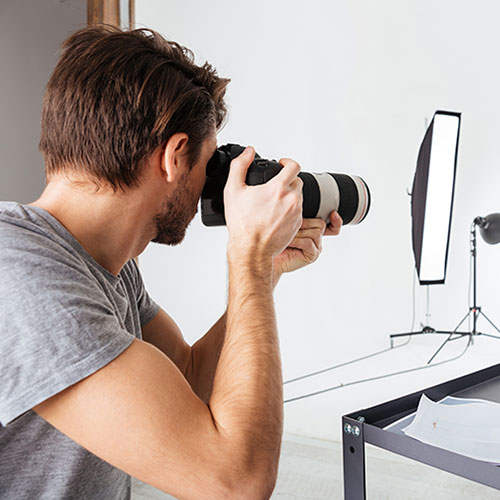
Professional Photographer

Digital Image Editor
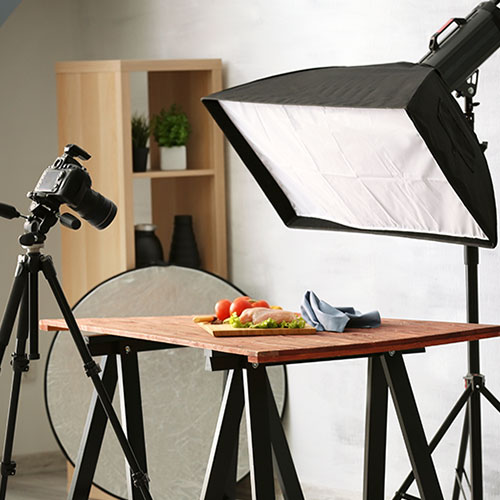
Photography Business Owner
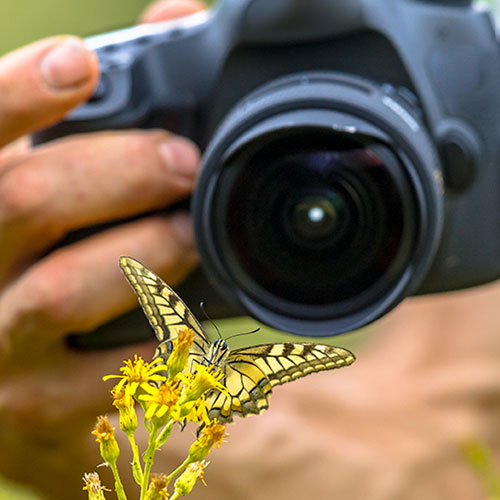
Wildlife Photographer
Please fill in the Enquiry Form below to download your course brochure
Let’s make it happen!
Just take a minute to complete the form and get more information about this online course. Plus a consultation with experts from Courses4me.
By submitting this enquiry, I agree to all terms of use and privacy policy.



